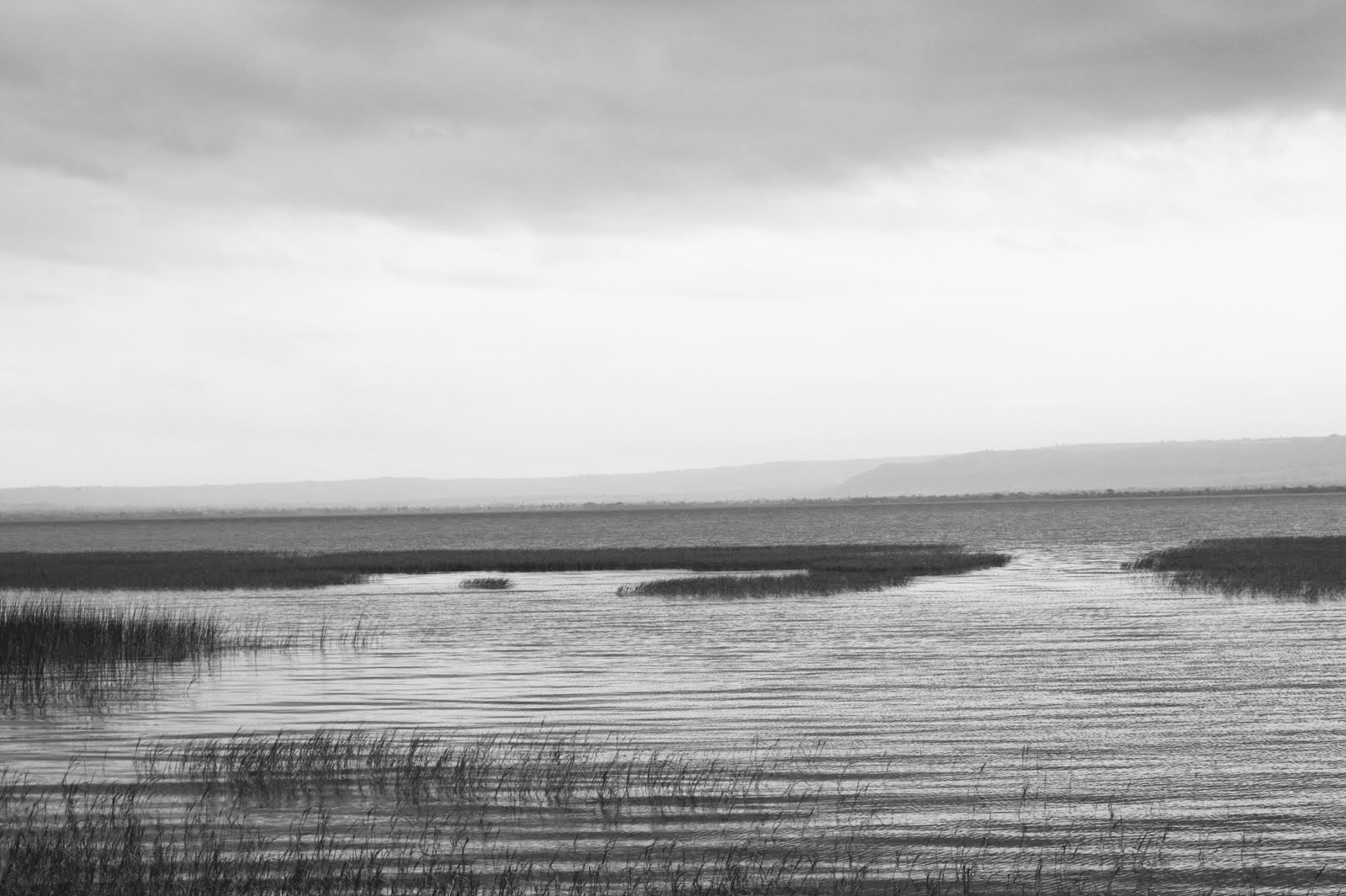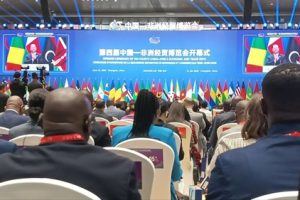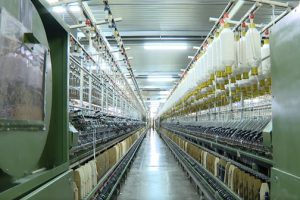
Have you ever heard of experts talking about water bodies that dried out because of human activities and intervention? This may seem difficult to accept for the people who have no connection with lakes. However, those who rely on lakes for their livelihoods could witness this scenario unfolding.
Lake Hawassa is among the water bodies in the country that are under threat due to human activities. The people residing around the Lake are experiencing and witnessing the threats on the lakes. The Lake, which is a sanctuary for fascinating birds and habitat and diversified aquatic floras and faunas, is now severely threatened and its water level has been dropping alarmingly due to human activities. Experts, stakeholders and residents are talking of the ecological threat that the Lake has encountered with great concern.
Lake Hawassa, which is located in the main Rift Valley, about 275km southwards from the capital with a surface elevation of 1,686m above sea level and a maximum depth of 21m, is in a real threat. The ecological threat on the Lake has become an issue of concern for environmentalists, experts, lake admirers and residents whose lives are directly or indirectly interconnected with it.
“The Lake is everything for us. We live and work here. Our income is entirely dependent on fishing and boat rentals. The Lake is the reason for our existence,” said Emush Wolansa, Hawassa Lake Boat Recreation PLC Chairman.
The ecological threat of the Lake is catastrophic not only for members of the Association but also for residents, he added.
“We have already established a strong bond with the Lake. Our Association generates income through serving fried fish for tourists and it is also a means of living for hundreds of people,” said Temesgen Wolka Andinet, Youth Recreational Association Chairman on his part.
The Lake is home for various kinds of fish, aqua plants and bird species including pelicans, storks, herons, hammertoes, sea eagles, kingfishers, hippo colonies and other water animals.
However, since recently, it is encountering challenges that endanger its future existence. The water is polluted severely; the number of aquatic animals and plants has appeared to be declining day in day out. This would risk those people whose lives are established on the Lake. Besides, the threat would cause undesirable impacts in the country’s ecological and economic benefits, he said.
Underscoring that he has been conducting various studies on rift-valley lakes, Hawassa University Biology Department Head Dr. Girma Tilahun said Lake Hawassa is a symbol of the Hawassa town. It is unthinkable to picture without the Lake. However, the rapid expansion of the township, industry and tourism development is the driving force that is threatening the Lake.
Dr. Girma agreed on the importance of various economic sectors. He says “expansion of industries, township andtourism unquestionably brings substantial economic growth that cannot be put aside, but there is a need to design a mechanism that could execute both without inflicting any harm to the Lake.”
The Lake is home to various species of plants, aquatic animals dominated by bird sanctuary. Especially the ‘Qorosso’- a fish adored by visitors- is one of the endowments of the Lake. The drying up of the Lake means losing all these natural resources, he added.
The Lake which is serving as a source of income for many is now shrinking rapidly due to wastes thrown into it and expansion of the town; it is experiencing facing, as to him.
“Grasses and shrubberies are grown around the Lake. For instance, ‘Cheleleke Lake’ which was 14.5 square kilometers deep some 40 years ago, has now shown a great decline in 100-meter square – almost it is drying out,” he elucidated.
Noticing that enormous people have no idea about Lake ‘Cheleleke’, Dr. Girma said the Lake has been a tributary to Hawassa Lake. These days, it has become invisible to take its picture from satellites. “The depletion of Lake ‘Cheleleke’ is an ecological threat to Lake Hawassa,” he further said.
The Hawassa University is conducting research of various kinds in search of development opportunities to withstand the challenges that the Lake is facing. Considering that the problems should be addressed carefully, studies have been conducted in an organized manner at the grassroots level. For this to happen, coordination is imperative. Supervision and follow-up works should also be sustained steadily. “The threat is already there and we have to work relentlessly. Unless we work on the issue in a sustainable manner, we would not be able to prevent the huge damage on our water bodies,” Dr. Girma stressed.
Hawassa Lake Lovers Association President Professor Zenabu Gebremariam said that the protection and conservation tasks of the Lake should not be left to the government alone; the society should take part in the matter. For this to happen, the Association is serving as a bridge between the government and the public at large through mobilizing them and urging the government to give due emphasis to the Lake.
Equally, it has planned to discuss with investors on ways in designing factories’ waste management and disposal strategies. It also intends to conduct research on the issue and present findings to the state government, Prof. Zenabu said.
The Association has a vision to restore the Lake to its previous state, the President said adding that however protecting ecological threat and making it conducive shelter for biodiversity is largely the responsibility of all.
According to documents from the state Environment Protection Authority, various tasks have been carried out to prevent the Lake from siltation and over-exploitation of fish and dumping of wastes, and rescue biodiversity.
Underscoring that efforts have been exerted in collaboration with Rift Valley Lakes Irrigation Authority and the Oromia State Government to prevent land degradation, the document indicated that implementation of the solution requires coordinated efforts of all stockholders.
Sura Takele, an employee at Haile Resort on his part said the resort is working to protect the Lake from pollution. Besides making every day follow up and supervision, it has been conducting permanent rescuing works every two weeks. The resort has conducted various activities on the shore of the Lake to protect it from various wastes and siltation. However, as he uttered, the effort is not enough. Rather, it requires concerted efforts of all. It is also essential to work in collaboration with the Association of Hotels found around the lake.
As it is well known, Lake Hawassa is found in a lowland catchment area. Because of this, it is highly exposed to pollution. The grass at the shore of the Lake is now expanding and narrowing its width. The siltation that came to the lake assisted with the flood is also influencing the lake negatively.
Lake Hawassa, as all agreed, is a blessing for the people whose daily lives are attached to. What is more, the Lake is one of the tourist destinations that generate significant economic benefit to the country. The investment activities (hotels and resorts constructed around the Lake) generate a significant amount of income.
Various stakeholders such as the recently established Hawassa Lake Lovers Association, Haile Resort and other public and private organizations, concerned individuals have been conducting considerable activities to protect the Lake but it is insufficient compared to the magnitude of the problem. There is a need to strengthen efforts in a more concerted manner so as to effectively protect the Lake and restore it to its previous state.
In this regard, the society has an indispensable role. For this, it is imperative to engage in extensive public awareness raising campaigns. As the plastic bags and bottles that are piled up around the Lake have potential to bedraggle the place and pollute the water, ways of managing wastes should also be considered and explained thoroughly. Most importantly, creating a sense of ownership within the public is decisive. To this effect, it is mandatory to work on the attitude of the generation at grassroots level.
The Ethiopian Herald May 28, 2020
BY GIRMACHEW GASHAW




